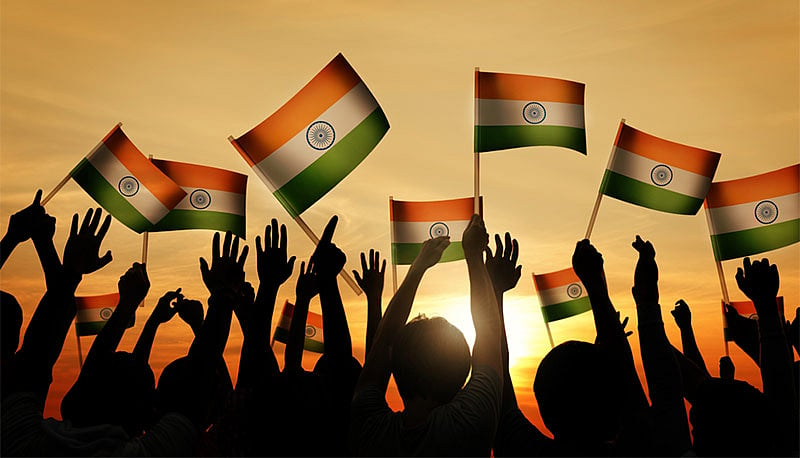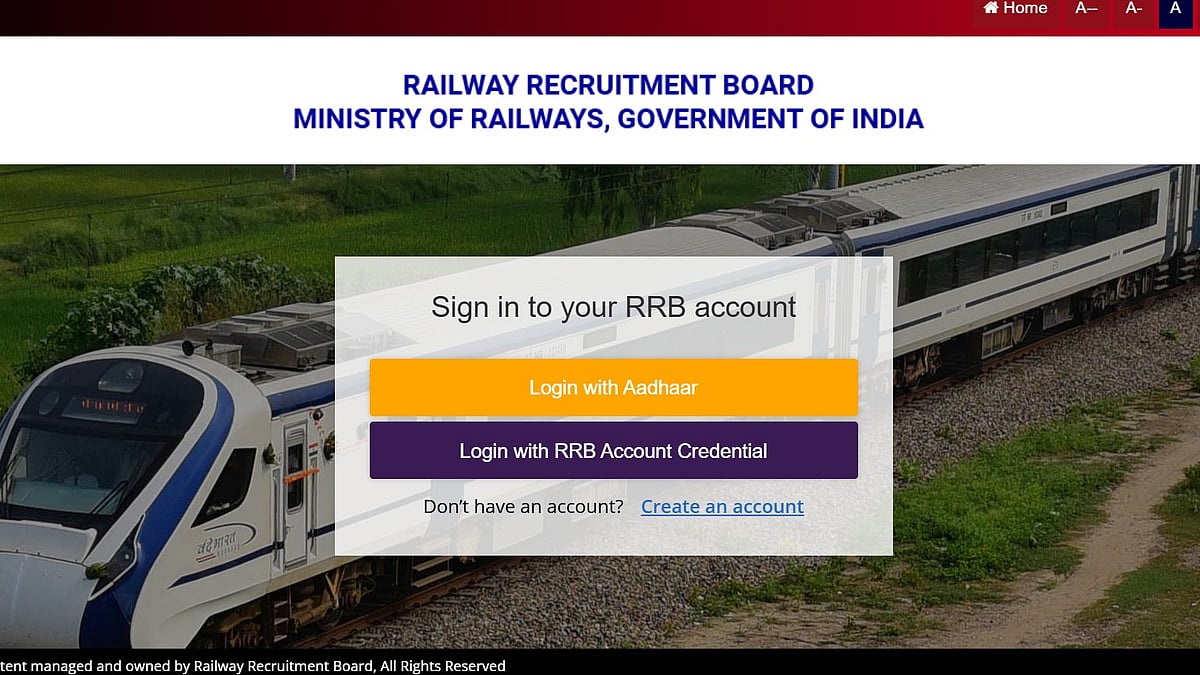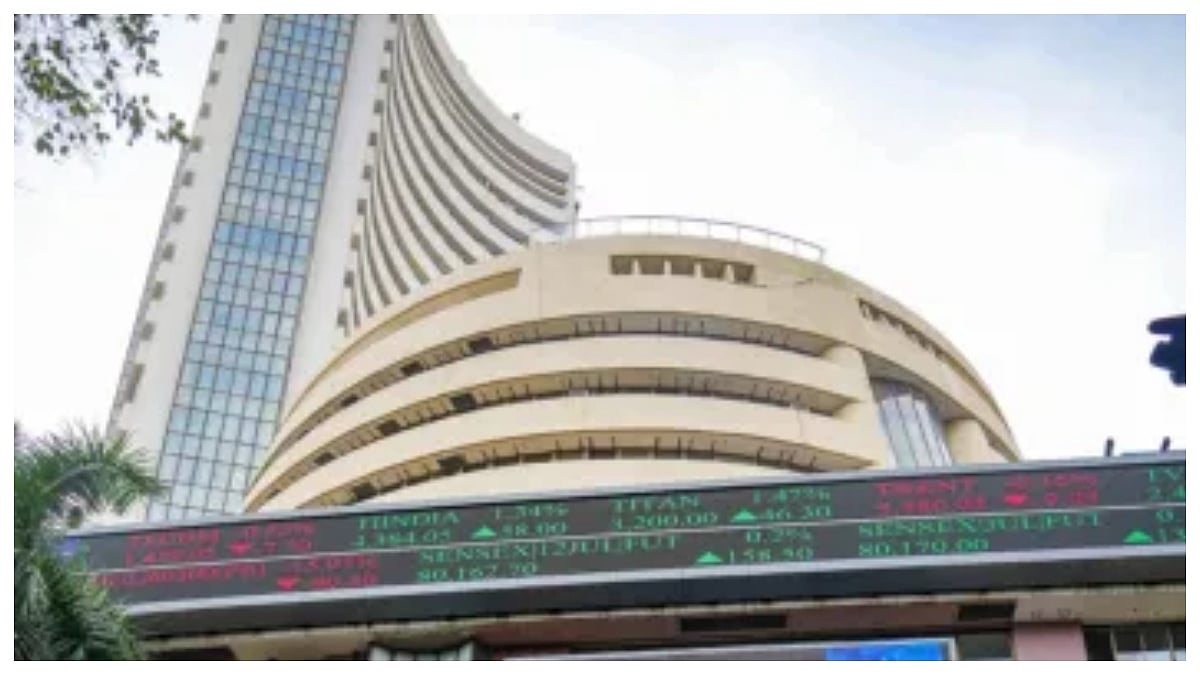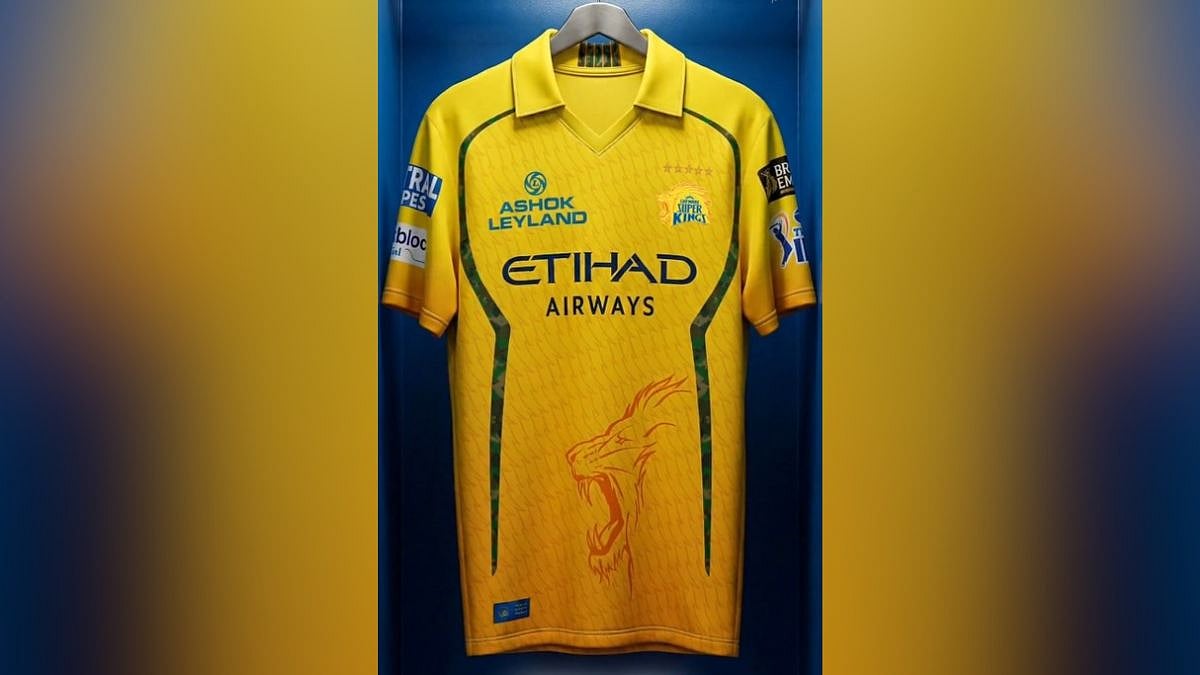Even those who live under a rock are likely to be familiar with Jana Gana Mana, that familiar refrain and tune that inspires a patriotic fervour in many Indians across the world. Better known perhaps as India’s national anthem, it was penned by Rabindranath Tagore in 1905 as a poem under the title Bharat Bhagya Bidhata.
And while we may now sing it at almost every movie screening and other public and private events, there was a time, when the song was almost sidelined in favour of an alternative. We’re talking, in case the headline didn’t make it clear, about India’s National Song, Vande Mataram. And even in recent times, there are those who insist that Vande Mataram is India’s true National Anthem.
But more on that later. For now, let us begin at the beginning. Around 45 years after Tagore first published the poem, in 1950, it was adopted by the Constituent Assembly of India as the National Anthem. It must be mentioned that the entire song/poem was not adopted, and now, people sing the first stanza of the song as the anthem. While Tagore was the first to sing Bharat Bhagya Bidhata, it was first publicly sung in December 1911 at the Kolkata session of the INC.
Vande Mataram incidentally was a poem written by fellow Bengali, Bankim Chandra Chatterjee in the 1870s. It was included in his 1882 Bengali novel Anandamath – a text that some of us first became familiar with thanks to history classes in school. This too has a Tagore connection incidentally – it was first sung by Rabindranath in 1896.
In 1937, the first two verses of the song were adopted as the National Song by the Congress Working Committee.
Why did Vande Mataram not get chosen as the National Anthem?
Islam being a monotheist religion, the elevation of any deity or individual to a divine status does not sit well. Even Prophet Muhammad is not considered divine in the way God – the supreme creator is. Vande Mataram, in some of its verses, invokes Hindu deities, and in a way elevates the motherland to a divine level. Additionally, the fact that the song was included in Anandamath does not sit well with some people. Many contend that Chatterjee had portrayed the British and the Muslim rulers who came before them as outsiders and ‘enemies’.
The religious personifications in the song have drawn protests from some quarters and had even been acknowledged by the Congress Working Committee.
As an Outlook article quotes the CWC as saying, in 1937 that the Committee recognized the “validity of the objection raised by Muslim friends to certain parts of the song”. They, however, said that it was only the first two stanzas of the song that was usually sung, and those particular stanzas did not have anything “to which anyone can take exception”.
“While the Committee has taken note of such objection insofar as it has intrinsic value, the Committee wishes to point out that the modern evolution of the use of the song as part of national life is of infinitely greater importance than its setting in a historical novel before the national movement had taken shape,’ the CWC said. It also added that amid British Imperialism, the song and the words ‘Bande Mataram’ had become a “slogan of power which inspired our people, and a greeting whichever reminds us of our struggle for national freedom”.
Taking the issue into consideration the CWC in 1937 had recommended that when the song is sung at national gatherings, “only the first two stanzas should be sung”. It also added that the organizers had the freedom to sing any other song of “unobjectionable character”.
In a March 1, 1938 article for The New Times of Lahore, Muhammad Ali Jinnah had reportedly stated: “Muslims all over [India] have refused to accept Vande Mataram or any expurgated edition of the anti-Muslim song as a binding national anthem.”
The controversy both in support of and against the song appears to continue till date. Take RSS General Secretary Bhaiyyaji Joshi’s comments in 2016 for example. A PTI report had quoted him as saying that Jana Gana Mana being the national anthem today, it had to be respected, but that there was “no reason why it should evoke any other sentiment”.
“But it is the national anthem as decided by the Constitution. If one considers the true meaning, then Vande Mataram is the national anthem," he had been quoted as saying.




